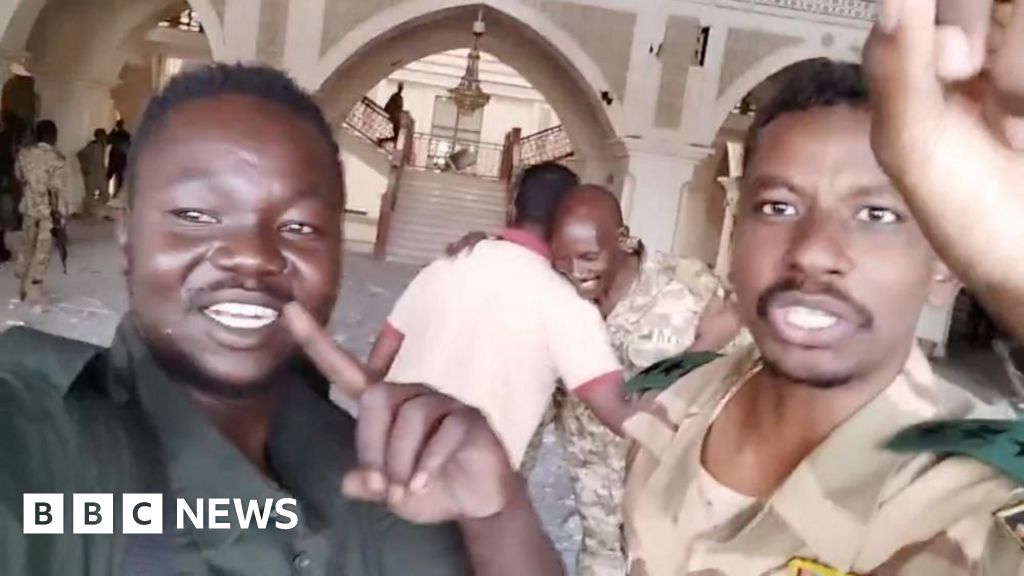Khartoum Palace Recaptured Amid Ongoing Conflict
The humanitarian crisis in Sudan is worsening, with millions displaced and facing famine, and allegations of human rights abuses on both sides. The international community must act to support a peaceful resolution to the conflict, ensuring the protection of civilians and the delivery of aid to those affected.

The Sudanese army has successfully recaptured the presidential palace in Khartoum, marking a significant victory in the country's ongoing civil war against the Rapid Support Forces (RSF). The palace, which was the last remaining stronghold of the RSF in the capital, was seized after months of advances by the army. The RSF, however, has vowed to continue fighting, threatening further attacks in northern cities.
The conflict between the Sudanese army and the RSF has resulted in tens of thousands of deaths, millions displaced, and widespread famine, with the UN calling it the world's largest humanitarian crisis. The war has also seen allegations of human rights abuses by both the military and the RSF, with external actors providing financial and military support to both sides. Despite the army's victory in Khartoum, the RSF has consolidated control in the western Darfur region, indicating that the war is far from over.
The RSF, led by Gen Mohamed Hamdan Dagalo, has responded to the loss of the palace with drone attacks, killing at least 89 enemy personnel and destroying military vehicles. The group has threatened to defend its territories and has vowed to dislodge the army from areas it has retaken. The conflict has caused immense suffering, with 12 million people displaced and millions facing famine, highlighting the need for a peaceful resolution to the crisis.
As the conflict continues, the international community is calling for an end to the violence and a negotiated settlement. The capture of the presidential palace in Khartoum is a significant development, but it is only one step towards a lasting peace. The road to peace will require efforts from all parties involved, including the Sudanese government, the RSF, and external actors, to address the underlying issues driving the conflict and ensure the protection of human rights and the delivery of humanitarian aid to those in need.